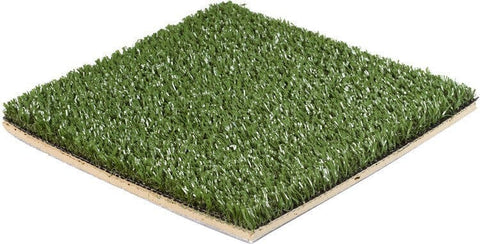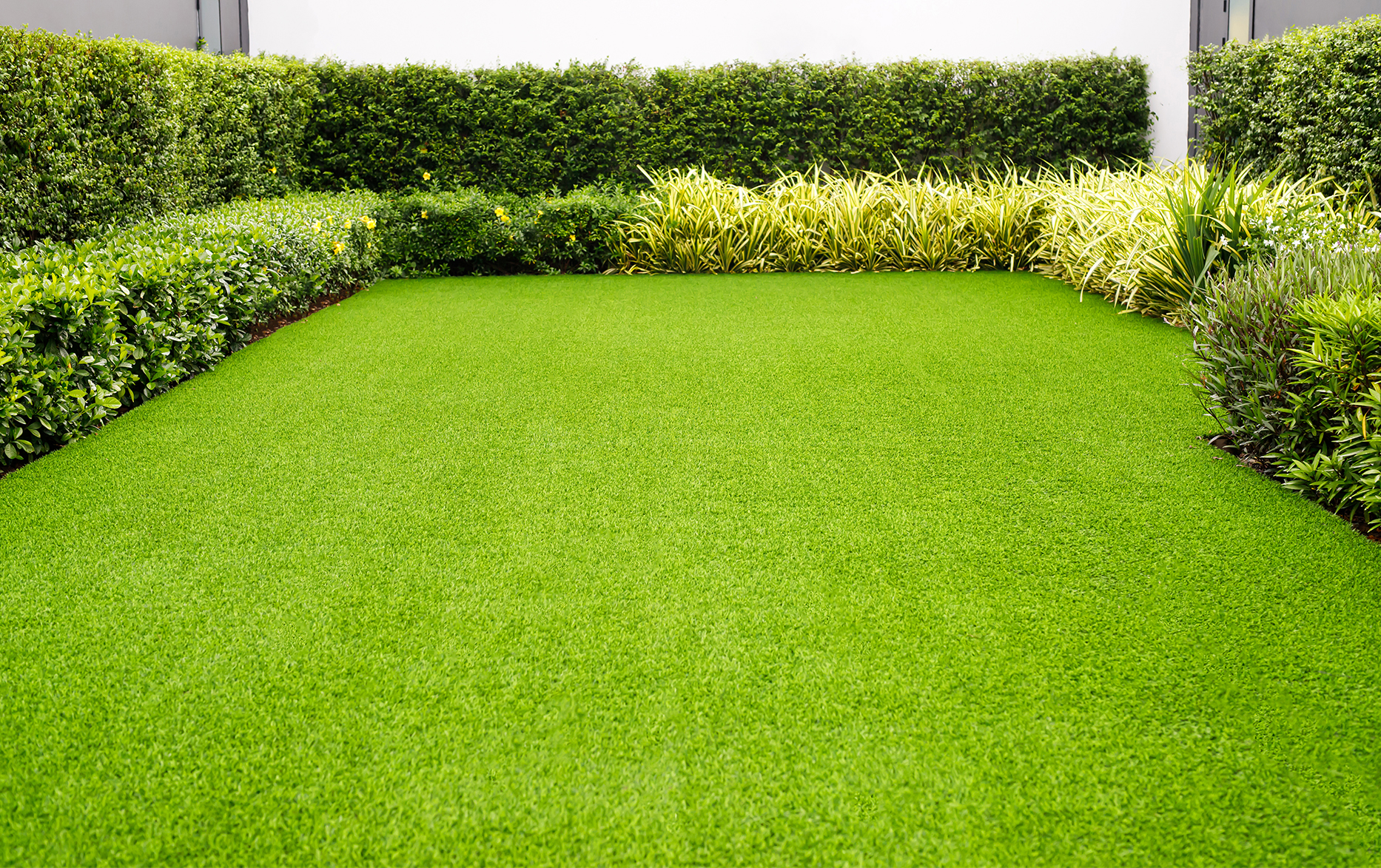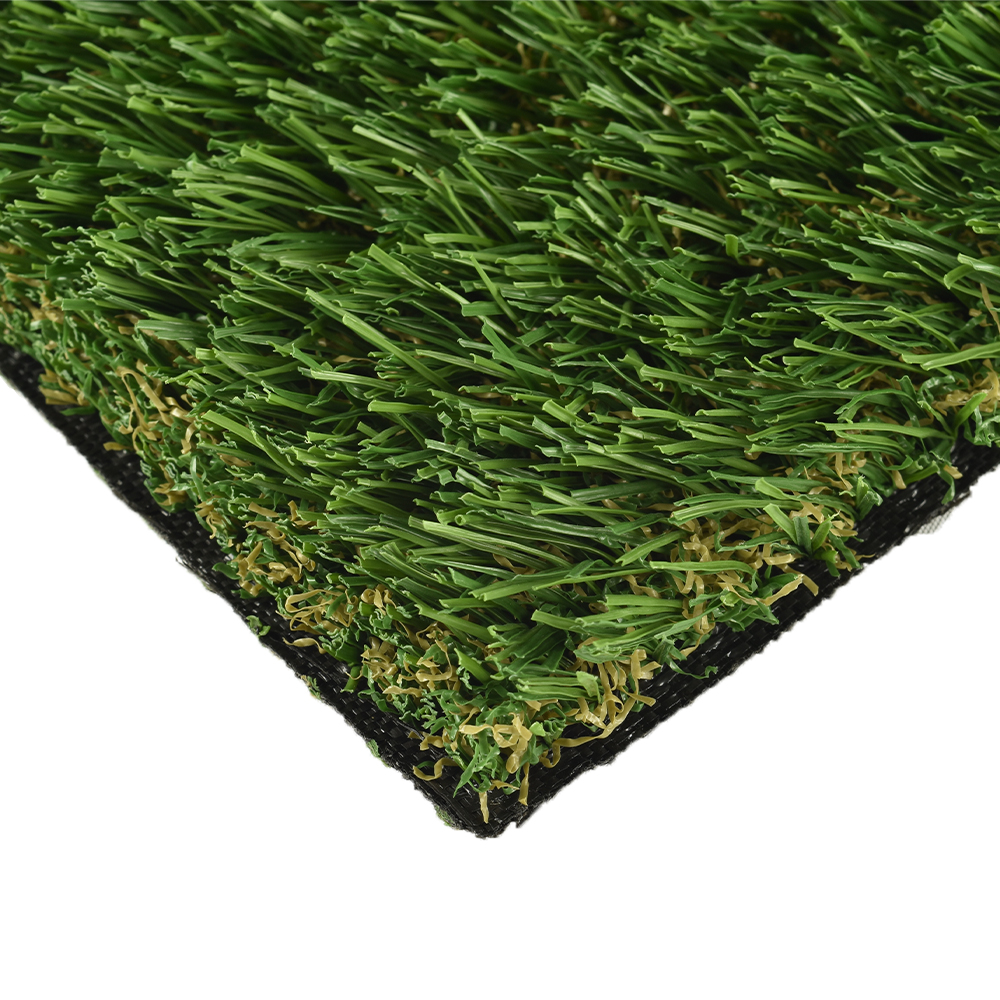Explore the Environmental Perks of Opting for Artificial Grass Solutions
The adoption of fabricated grass services offers a compelling opportunity to attend to pressing ecological difficulties. By dramatically decreasing water use and minimizing the application of dangerous chemicals, these alternatives not only promote sustainable landscaping however additionally shield local ecological communities.
Water Conservation Benefits
Among one of the most significant advantages of synthetic grass is its capability to save water. Standard lawn yards need considerable watering, particularly in areas susceptible to drought or water restrictions. On the other hand, synthetic grass does not need watering, significantly reducing the overall need for water sources. This function is especially helpful in arid regions where water scarcity is a pushing problem.
By eliminating the demand for regular watering, man-made lawn contributes to sustainable landscape techniques and helps alleviate the ecological impact of excessive water usage. The preservation of water extends to the reduction of overflow, which can lead to soil erosion and river air pollution.
In addition, the installation of synthetic grass permits municipalities and house owners to assign water sources extra successfully, concentrating on essential uses such as drinking water and agriculture. The shift towards synthetic grass not just advertises liable water use however likewise aligns with broader environmental objectives targeted at maintaining natural sources.
As neighborhoods increasingly prioritize sustainability, the water conservation benefits of man-made turf present an engaging instance for its adoption in business and household landscaping projects.
Lowered Chemical Use
The change to synthetic grass substantially reduces the reliance on chemical therapies typically used in all-natural lawn maintenance. Typical lawn administration usually involves the application of herbicides, fertilizers, and chemicals to advertise growth and control parasites. These chemicals can present risks to human wellness, regional wild animals, and the environment, adding to soil and water contamination.
On the other hand, synthetic lawn gets rid of the need for these unsafe compounds. Once mounted, it requires minimal maintenance, mainly being composed of regular cleansing and infrequent infill replenishment. This reduction in chemical use not only benefits the prompt environment but also adds to broader environmental security. By minimizing the release of synthetic substances right into the community, fabricated turf promotes healthier dirt and water supply.
Moreover, the absence of chemical runoff associated with synthetic grass setups aids shield neighborhood rivers from air pollution, sustaining water life and preserving biodiversity. Arizona artificial turf. As areas significantly focus on sustainable practices, choosing for synthetic grass provides a viable solution that straightens with environmental conservation goals. With this shift, building owners can take pleasure in lavish environment-friendly areas without jeopardizing ecological wellness, leading the way for a more lasting future
Lower Carbon Footprint

Additionally, the installment of artificial grass can cause substantial water conservation. All-natural lawns need substantial amounts of water for irrigation, which not just includes in the carbon footprint connected with water removal and treatment but likewise pressures neighborhood water resources. In contrast, synthetic grass requires marginal maintenance, requiring no watering, consequently significantly decreasing water usage and its connected energy expenses.
In addition, the long life of fabricated turf contributes to its look at this now decreased carbon effect. With a life expectancy of approximately 15 years or even more, the demand for constant substitutes is lessened, leading to less waste and reduced power intake in manufacturing and throwing away conventional yard alternatives. Overall, synthetic grass provides a sustainable option for environmentally conscious landscaping.
Environment Conservation
Environment preservation is a vital consideration in the argument over landscaping choices, specifically when contrasting synthetic grass to natural yard. All-natural turf lawns frequently require considerable upkeep, including the use of plant foods, herbicides, and pesticides, which can adversely impact neighborhood environments. These chemicals can leach right into the soil and rivers, hurting indigenous plants and fauna and interfering with local environments.
Man-made lawn removes the need for hazardous chemicals, consequently shielding neighboring wild animals and keeping the honesty of bordering ecosystems. The installation of artificial turf can lead to the conversion of former grass areas into more biodiverse landscapes, such as pollinator gardens or native plant areas, which can sustain local wildlife.
Eventually, the change to fabricated lawn not just preserves water and reduces upkeep efforts yet likewise cultivates an extra unified partnership in between human tasks and the native environment, promoting environment conservation in the procedure.
Long-Term Sustainability
Long-lasting sustainability is an important element in assessing the advantages of synthetic grass over standard turf lawns. Among the most significant advantages of synthetic grass is its longevity; it can last approximately 15-20 years with very little maintenance, whereas all-natural turf requires regular reseeding and replacement. This durability reduces the demand for constant sources, such as water, fertilizers, and chemicals, which are important for keeping a healthy yard lawn.
In addition, synthetic grass adds to he has a good point a decrease in carbon exhausts connected with grass care devices. Traditional yards usually need gas-powered lawn mowers, leaners, and blowers, all of which contribute to air contamination. Artificial turf companies phoenix. In comparison, artificial grass removes the demand for such equipment, advertising a cleaner setting
Moreover, the production of synthetic grass increasingly utilizes recycled materials, boosting its sustainability account. As manufacturers adopt eco-friendly practices, the environmental footprint of synthetic grass remains to decrease.

Conclusion
The adoption of synthetic grass options offers substantial ecological benefits, consisting of considerable water conservation, minimized reliance on dangerous chemicals, and a reduced carbon impact. In addition, fabricated lawn help in protecting natural habitats by lessening land disruption and advertising lasting sustainability with the use of long lasting materials. Jointly, these aspects underscore the potential of synthetic grass to contribute favorably to environmental health and supply a sensible option to conventional landscape design methods in a progressively resource-conscious world.
In comparison, fabricated grass does not require watering, dramatically decreasing the total demand for water resources. By lessening the release of artificial compounds right into the ecosystem, fabricated turf advertises healthier dirt and water systems.
Furthermore, the setup of synthetic lawn can result in substantial water preservation. In contrast, fabricated grass requires very little upkeep, needing no watering, thereby substantially decreasing water usage and its connected power prices.
